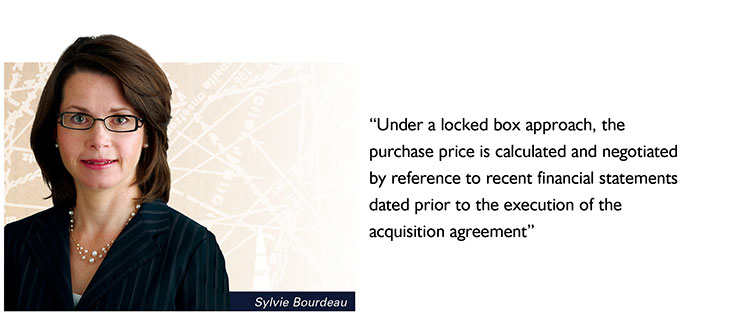In 2018, Canada announced a national IP Strategy recognizing the need for Canadian businesses to succeed in the “innovation economy”. While a traditional leader in R&D, science, and creation, the government’s proposed strategy sought to help Canadian companies do more to commercialize their IP, a critical asset in our “knowledge economy”. One of the key pillars of the strategy was updating and amending the legislation covering IP rights in Canada.
As part of this IP strategy, amendments to the Trade-marks Act (originally passed in 2014) will come into force on June 17, 2019 ushering in sweeping changes to trademark practice and prosecution. By adopting effective trademark strategies that takes these changes into account, business will be able to maximize the opportunities ahead.
To help our clients ride the upcoming wave of these legislative changes, we have put together a shortlist of the following factors to consider when reviewing your trademark strategy in Canada in 2019.
- Save Money by Filing Now: Currently, a trademark application is one flat-fee of $250 without consideration for the number of classes. Once the changes take effect, applicants will pay an initial fee of $330 for one class, with an additional $100 for each additional class. By filing now, there may be significant cost savings for applicants filing in multiple classes.
- Renew Registrations Now: Registrations up for renewal prior to June 17th may renew their mark in all classes for a 15-year term for $350. As of June 17th, renewals will only be for a ten-year term and registrants will have to pay an initial fee of $400 for the first class and $125 for every additional class they want to renew.
- No Longer Need to Indicate Use of the Trademark: In addition to a class-based fee system, the amendments to the Trade-marks Act will bring substantial changes to prosecution of trademark applications. For instance, it will no longer be necessary to designate a filing basis for the application and no declaration of use will be necessary for the application to mature to registration. In order to enforce the trademark, the owner will have to present evidence of use of the mark within the first three years of registration; however, applicants will be able to gain registration of a trademark in Canada without use anywhere in the world. In addition, applications may also be divided into multiple applications any time prior to registration.
- Expanded Trademark Protection: The changes to the Canadian trademark regime will expand the scope of what and how clients will be able to protect their marks in Canada and beyond.
- Madrid Protocol: On June 17th, applicants will be able to take advantage of the international Madrid system allowing Canadian trademark application and registration holders to pursue international applications for their trademarks. The Madrid system allows applicants to file in one country and designate international jurisdictions for applications with the same goods or services. This may be a less expensive method to ensure brand protection across multiple jurisdictions.
- Non-traditional Trademarks: Applicants will now be able to apply for a broader list of non-traditional trademarks, such as colour, scent, taste, and texture. These marks will be examined for distinctiveness and it is yet to be seen how the Trade-marks Office considers these applications; however, brand owners may want to consider what additional aspects or indicia of their branding (i.e. colours; store designs; etc.) and look are distinctive of their business.
- Prepare to Enforce Your Rights: With a likely increase in filings from international applications, combined with the rise of trademark “trolls” or squatters on the Register, brand owners can expect a more crowded field in Canada. Accordingly, brand owners should be prepared to enforce their rights against third parties who may or may not be operating in Canada. Amendments to the Act will allow mark owners to take preventative action to inform the Registrar of their prior rights to an application under examination provided they have a prior pending application or registration; however, brand owners should also be prepared for a rise in Opposition proceedings and other enforcement proceedings.
In view of the above, entrepreneurs, start-ups and established businesses alike should re-consider their trademark strategy taking into account the upcoming changes to the Canadian regime. By adopting an effective strategy that incorporates all of the above, business will be well-suited to take advantage of the opportunities ahead.
Authors
 |
 |
| Mark D Penner Partner Toronto, ON |
Nathan Haldane Associate Toronto, ON |
© 2017 Fasken Martineau DuMoulin LLP The content of this website may contain attorney advertising under the laws of various states.




























 FASKEN
FASKEN Mark Stinson
Mark Stinson Kathleen Butterfield
Kathleen Butterfield Edmond Luke
Edmond Luke







